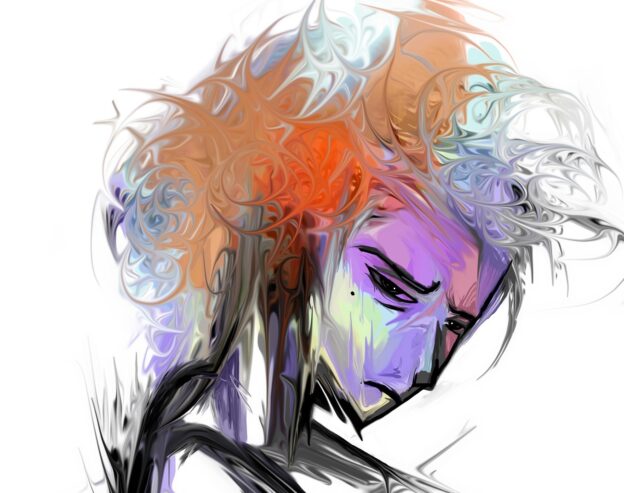Bipolar disorder is a complex mental health condition characterized by extreme mood swings, including episodes of mania and depression. While bipolar disorder primarily affects mood regulation, one of its potential and severe complications is bipolar psychosis.
This form of psychosis significantly impacts an individual’s life and well-being, making it important to understand its dangers and consequences. We must be vigilant of its symptoms to gather information for specific treatment options.
Bipolar Psychosis’ Altered Perception of Reality
During a manic or depressive episode, individuals with bipolar disorder experience hallucinations (seeing or hearing things that aren’t there) or delusions (strongly held false beliefs). This altered perception of reality leads to erratic behaviors and poor decision-making.
Impaired Judgment
Psychosis can impair a person’s judgment and decision-making abilities. This leads to risky behaviors and choices that they would not make when they are not in a psychotic state. For instance, individuals often engage in reckless spending, substance abuse, sexual acting out, and other impulsive actions.
Strain on Relationships
Bipolar psychosis strains relationships with family, friends, and loved ones. Hallucinations and delusions lead to misunderstandings, conflict, and helplessness among those trying to support the affected individual.
Occupational and Academic Challenges
Maintaining employment or academic pursuits becomes extremely challenging for individuals experiencing bipolar psychosis. The impaired cognitive functioning associated with psychosis hinders job performance or academic achievement.
Risk of Self-Harm or Harm to Others
In some cases, bipolar psychosis can escalate to the point where individuals may pose a risk to themselves or others. Delusions or hallucinations may convince them to take harmful actions, such as self-harm or aggressive behaviors toward others.
Medication Non-Adherence
Individuals with bipolar psychosis may resist or forget to take prescribed medications, as they may not believe they are unwell. This medication’s non-adherence exacerbates symptoms and increases the frequency and severity of psychotic episodes.
Delayed Treatment
A lack of awareness of psychosis in bipolar disorder leads to delayed treatment. This delay allows psychosis to progress and can lead to more severe and challenging-to-treat episodes.
Long-Term Impact of Bipolar Psychosis
Repeated episodes of bipolar psychosis have a long-term impact on an individual’s cognitive functioning and quality of life. It leads to difficulties in memory, concentration, and problem-solving even during periods of stability.
Legal and Financial Consequences
Engaging in impulsive, risky behaviors during a psychotic episode can have legal and financial consequences. Individuals may face legal issues or significant financial debt.
The Impact of Bipolar Psychosis on Caregivers
The dangers of this type of psychosis are not limited to the affected individual alone. Caregivers and loved ones also experience significant stress, emotional strain, and challenges in providing support and care.
Individuals with bipolar disorder and their caregivers must recognize the signs of bipolar psychosis and seek immediate professional help when it occurs. Early intervention and appropriate treatment, including medication and individual and group therapy, help manage symptoms and reduce the risks associated with psychosis.
A Dangerous Aspect of Bipolar Disorder
Bipolar psychosis is a dangerous aspect of disorder that can have many consequences, from impaired judgment and strained relationships to self-harm and legal issues. Awareness, timely intervention, and a comprehensive treatment plan are essential in managing and mitigating these dangers and helping individuals with bipolar disorder lead healthier, more stable lives.
If you or a loved one is struggling with any of these psychosis symptoms, please call the Awakenings Treatment Center program today for a free consultation and to discuss treatment options.










